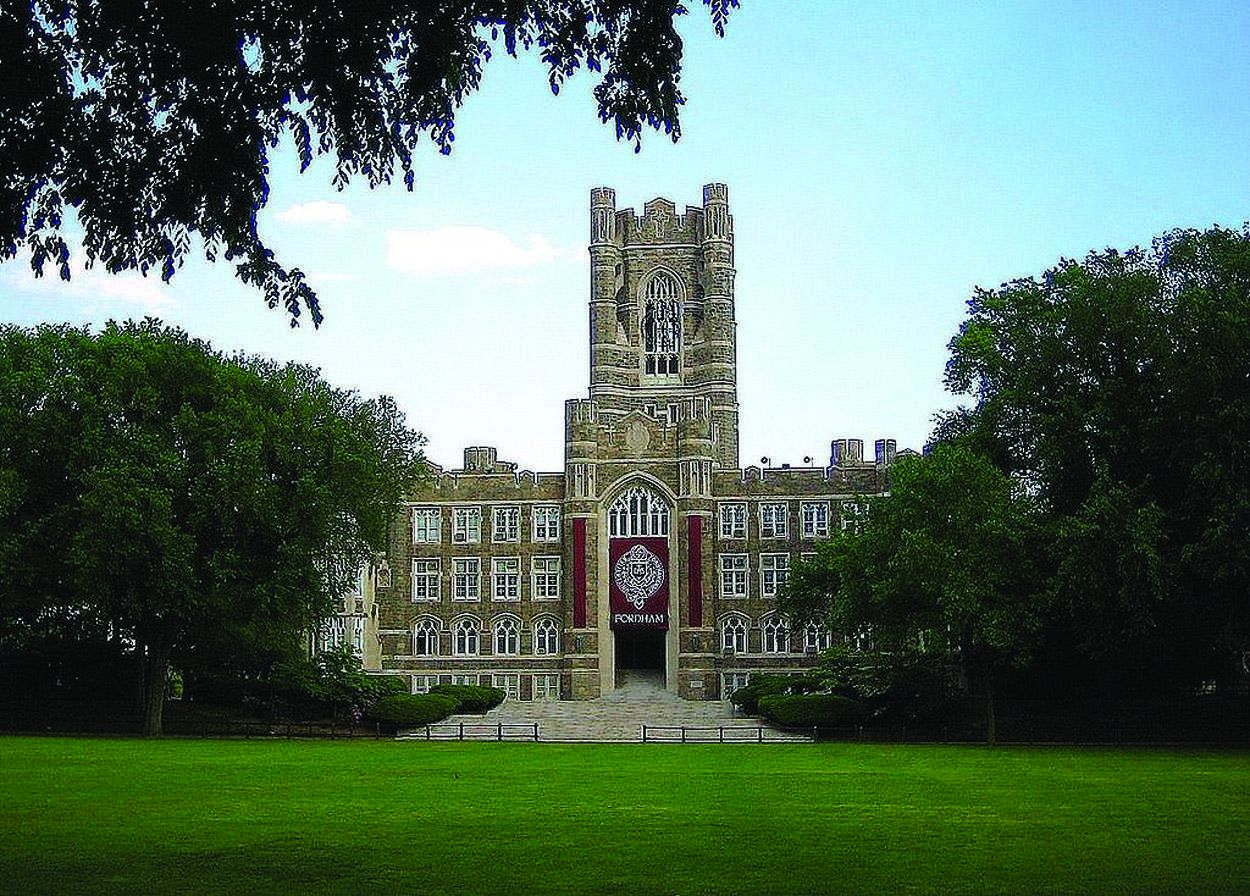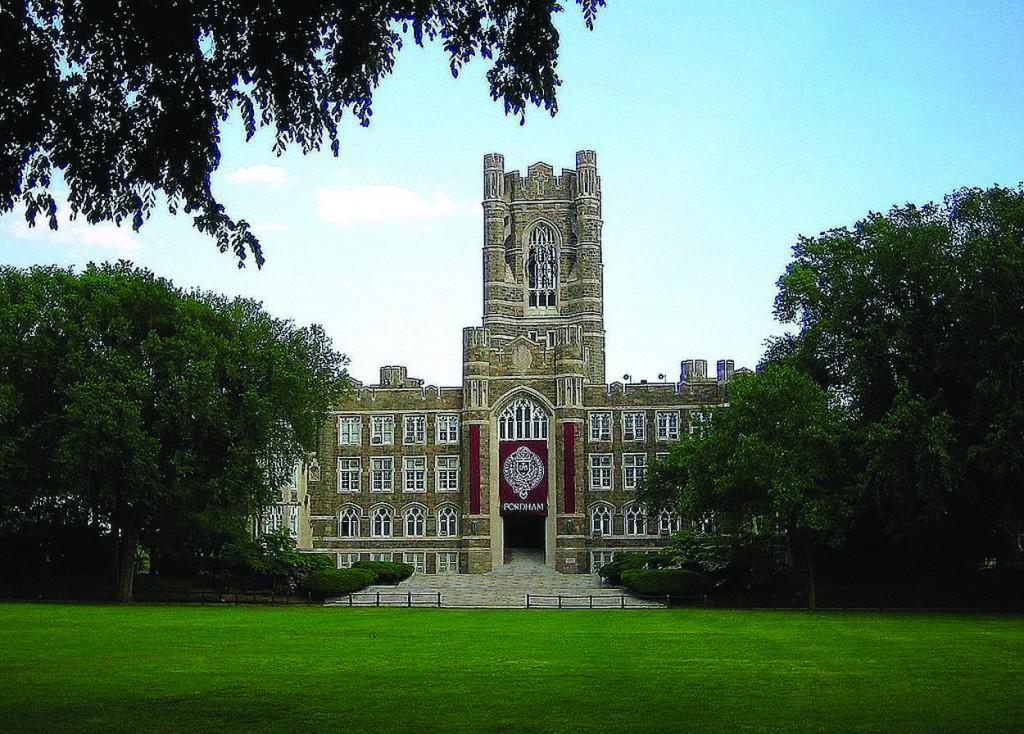Students Weigh In on the Importance of Graduating On Time
April 18, 2012

According to an article released by U.S. News and World Reports, Fordham did not make the top 10 list of colleges with the highest 4-year graduation rate. Instead, Washington and Lee University topped the list with a 91.7 percent graduation rate while Bucknell University came last with a graduation rate of 89.4 percent. However, Fordham still maintained a high graduation rate of 76 percent.
According to Donald Gillespie, associate vice president for institutional research, the federal government provides detailed guidelines for calculating graduation rates so that the rates institutions report are based on the same methodology. The most commonly used statistic, according to Gillespie, is the six-year graduation rate, which is also called the “Student-Right-to-Know” graduation rate.
“The most recent class for which we can calculate that six-year graduation rate is the class of full time freshmen that entered in fall 2005. The rate for that class was 78 percent,” Gillespie said. “As well as that, the average for the classes of full-time freshmen who entered in the fall terms from 2002 through 2005 was 79 percent.”
Because of the high graduation rates between this time period, Gillespie expects the rate to generally increase. “Graduation rates at Fordham have fluctuated around a gradually increasing trend line. Generally, I would expect them to continue to do so. However, we do not forecast graduation rates,” Gillespie said.
Bernie Stratford, director of Experiential Education at Career Services, discussed the importance of graduating versus getting a career. “It really depends on the job. If a theatre student were to obtain a high paying job on Broadway, it’s enough reason to not graduate.”
While Stratford also views a high-paying job as a reason not to graduate, he also supports getting an education. “I do think that the Fordham community offers a great education, some students even stay longer than four years for the it,” Stratford said.
Stratford said that there are things that prolong graduation, however he does not see a lack a motivation as a problem. “I would say there are practical reasons for a student not to graduate like financials reasons, but the commitment they have shouldn’t be differed,” Stratford said.
Andy Hsu, Fordham College at Lincoln Center (FCLC) ’15, said, “I think it’s important to graduate after four years because you can always get a job, but it’s better to focus on your classes now and get a job later.”
Other students at FCLC seem to agree. Yzabelle Onate, FCLC ’15, said, “Graduating after four years is more important than just getting a job with good pay because college allows you to get an insight to what career you want while getting an education. If you get fired from a job and didn’t go to college, it’ll be difficult to get another job so you want to have an education to back it up.”
Other students like Nazia Kamruzzaman, FCLC ’13, feel a bit differently about the matter. “I think it’s more important to have a well-paid job because having a bachelors degree doesn’t necessarily mean that you’re going to have a steady job,” Kamruzzaman said. “If obtaining a well-paid job means not having to graduate then so be it because if you think about it, we’re all in college because we all hope to get a well-paid job.”
According to the U.S. Bureau of Labor Statistics, there are a myriad of jobs that do not require a bachelor’s degree. For example, air traffic controllers earn an estimated annual income of $108,000 and require an associates degree. Other jobs that do not require a bachelor’s degree include transportation and storage management, non-retail sales management, transportation management, dental hygienist, police detective and commercial piloting. With the high-paying earnings from jobs like these, it does make sense thatstudents would be more inclined to question the importance of graduating versus getting a degree.
Michael Macalintal, FCLC ’15, said, “I think it depends on what the job is; I mean there’s a difference between getting paid to head an architectural project at 18 and getting a full time job as a delivery boy for the local paper.”
Other students also view finance as a reason not to graduate. “Tuition has skyrocketed in their costs in the past decade and for what? It’s bad enough we live in an extremely rocky economy; if higher education is so highly regarded in this country, then why make it so difficult for kids to receive it,” Macalintal said.
George Hlynsky, FCLC ’15, said, “It’s accepted to go to college for four years but there are factors like tuition and financial aid. There are things going on with the economy that people have to consider so I can see why people to don’t graduate.”










